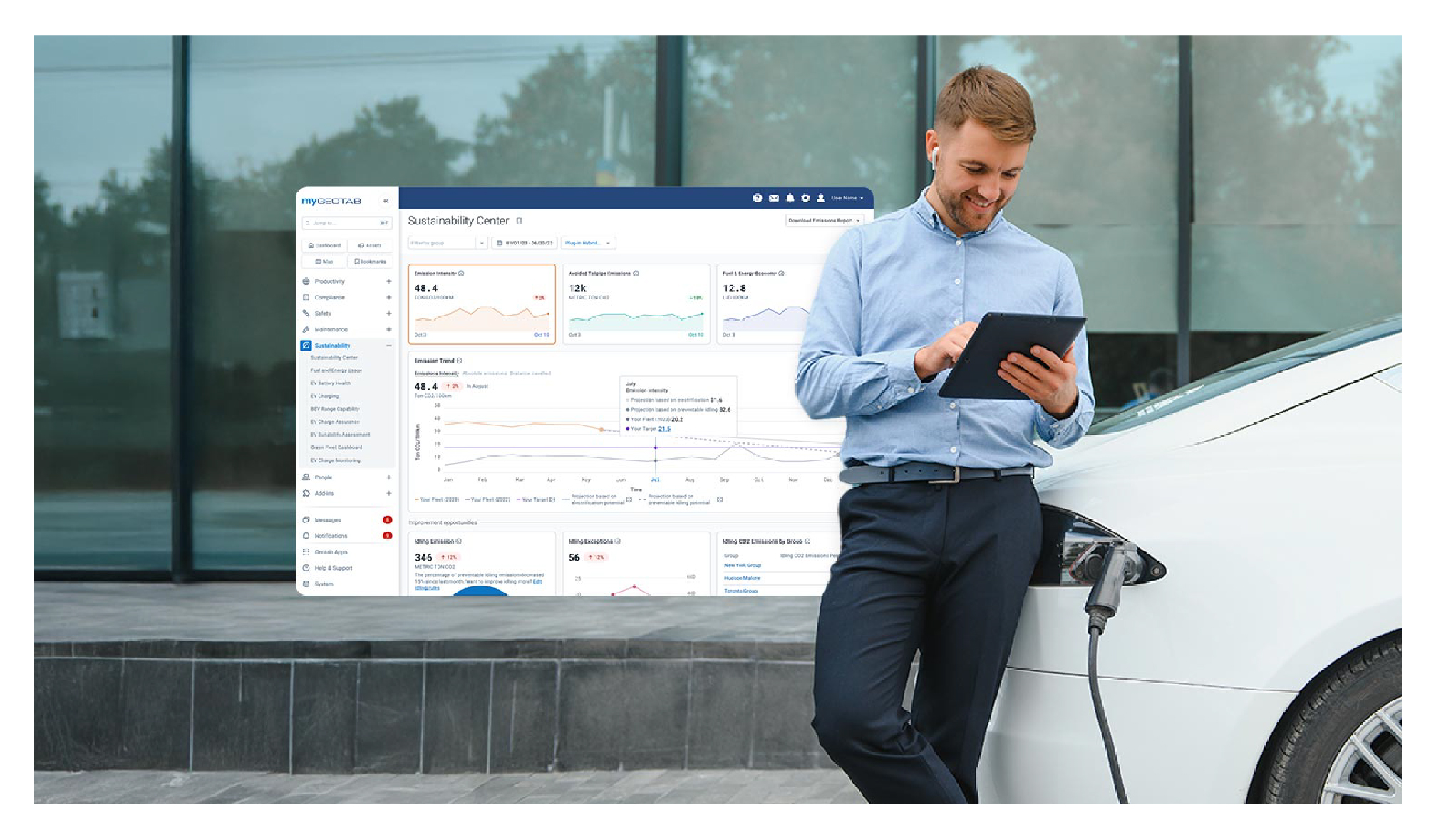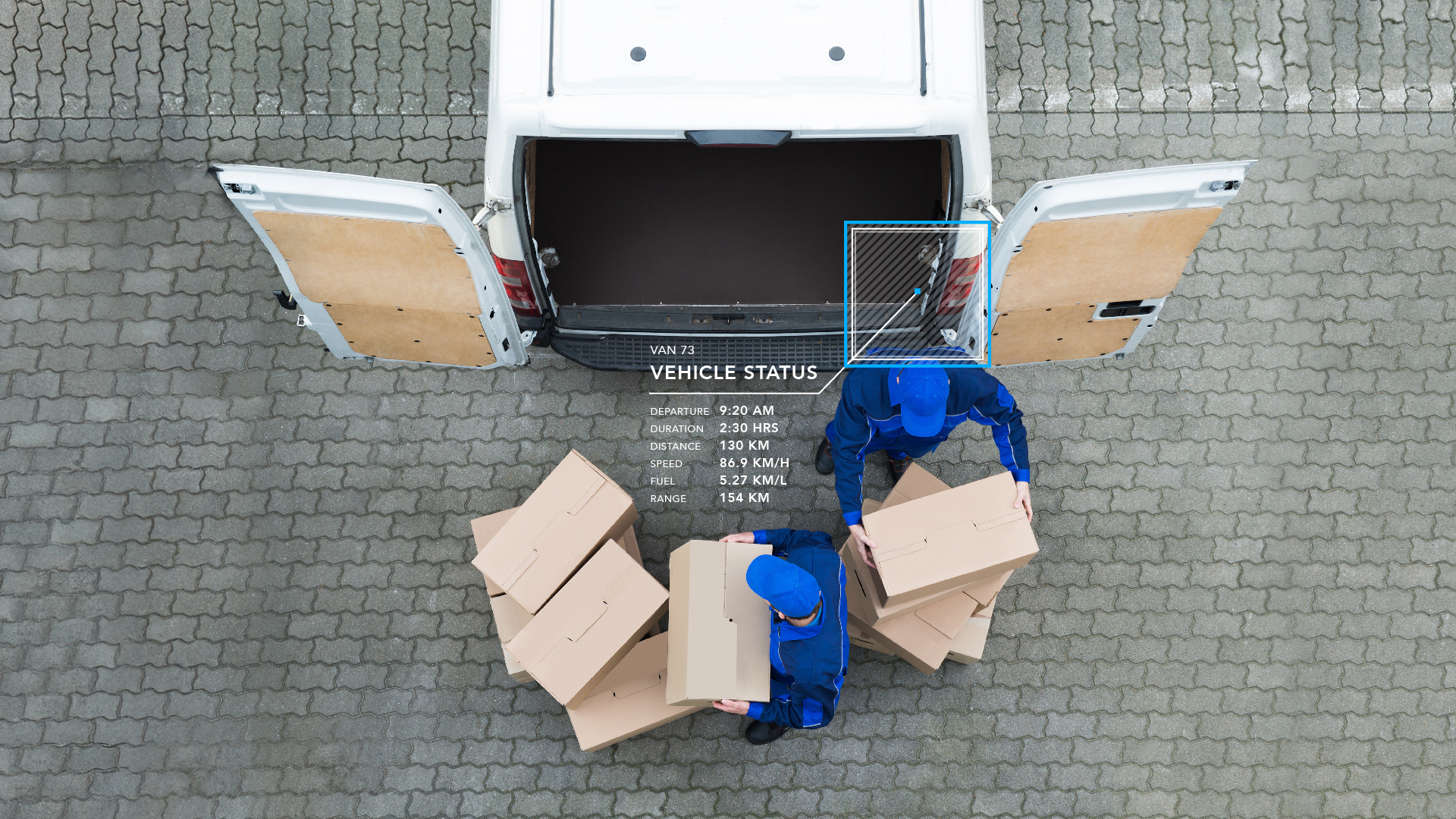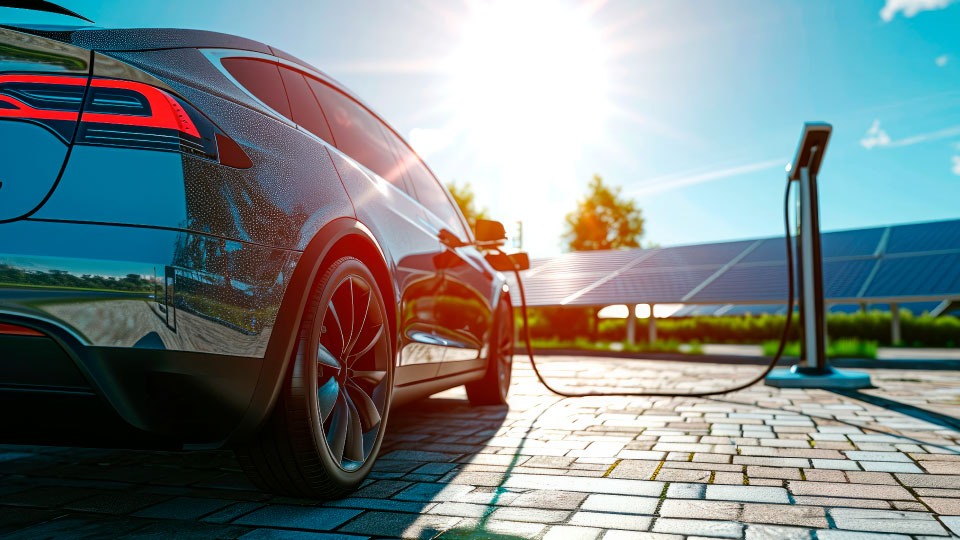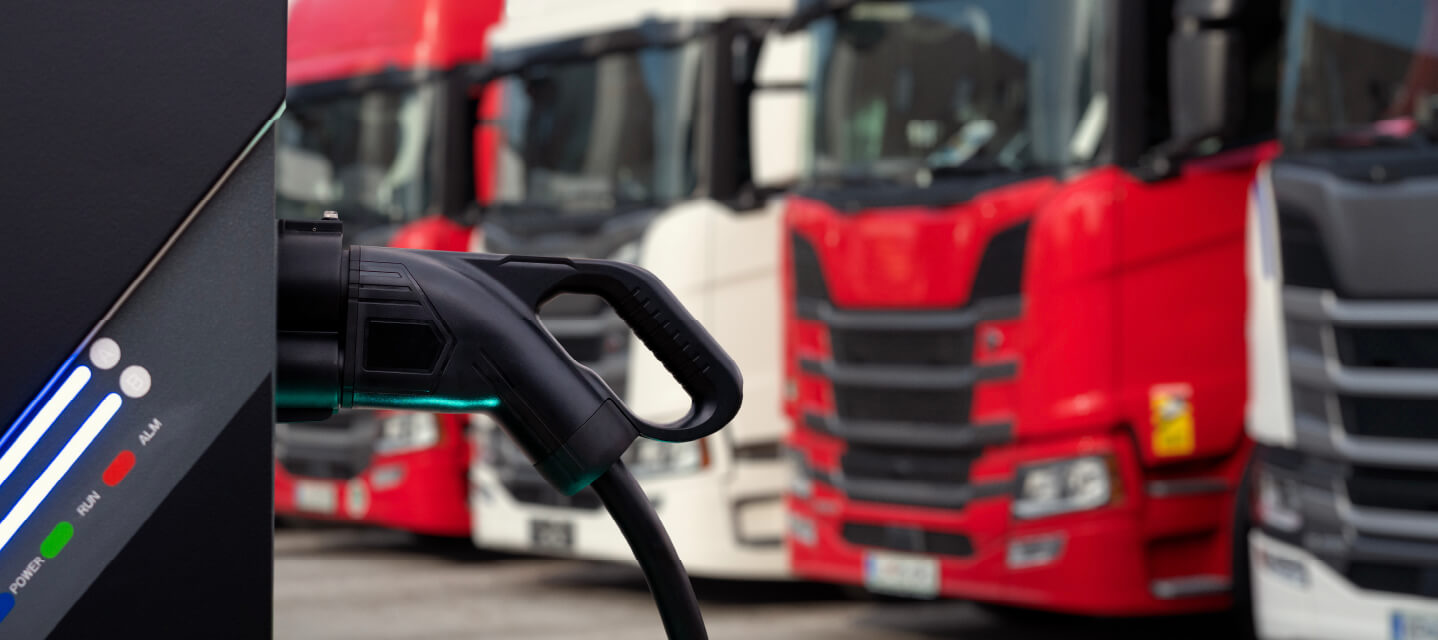Sustainable fleet strategies in Europe
Discover how to create a less polluted environment, slow global warming and create a more sustainable world for future generations.
By Geotab
Apr 22, 2021
Updated: Oct 3, 2024

In December 2020, the European Commission launched it’s Sustainable and Smart Mobility Strategy plan. This put in place 82 initiatives to be delivered over a four year period. The goal of this plan is to reduce 90% of EU emissions by 2050.
With these ambitious targets in place, it is easy to understand why 2020 saw Europe increase their year over year growth in electric vehicle (EV) sales by 137%. Because of this, Europe is now considered the fastest growing region in the world. They are also second only to China in terms of EVs on the road.
While this is positive, it does highlight the scale of the challenge ahead, particularly when a large proportion of these vehicles will need to come from fleets.
Going beyond the upfront cost of EVs
The notion that EVs are too expensive is a frequent topic of conversation when it comes to buying or leasing a new vehicle. However, as Europe embarks on its electrification journey, it is important to shift the conversation towards the total cost of ownership (TCO) as opposed to the upfront cost. In doing so, this is where the economic argument for EVs can be strengthened.
As an example, electric vehicles — on average — have 20 moving parts. Compared to the 2,000 in an internal combustion engine (ICE) vehicle, this is a big difference in terms of maintenance. It is also likely that further savings will be found as advances in technology occur to allow for EV purchasing, refueling, maintenance and insurance to become more affordable over time.
The three phases of fleet electrification
Once a decision has been made to go electric, it’s important to know that this can be a phased approach. It’s not always practical for a fleet to transition to electric all at once. This is where telematics and the data insights it provides can come in handy.
With that in mind, there are three stages in the journey to fleet electrification:
Go electric
Fleet transition can not be delivered through a one-size-fits-all approach. Personalisation and customisation are key. In practice, this means that there needs to be a deep understanding of how the existing fleet operates. It is important to know each vehicle's duty cycle and its driving pattern to understand whether there is an EV on the market today that can serve that route without having to charge during the day.
To do this, a tool like Geotab’s Electric Vehicle Suitability Assessment (EVSA) will come in handy.
To learn more about this solution, see our white paper, Going Electric: How UK fleets can successfully switch to EV.
Operate electric
Electric fleet management and traditional fleet management have many similarities, but there are some key differences.
While you will want to continue monitoring traditional fleet metrics such as utilisation, there are brand new metrics to monitor with EVs, including:
- State of Charge (SOC)
- Charging session details
- Electric miles versus fuel miles (for plug-in hybrids)
Ideally, mixed fleets should be managed through one platform to provide the best overall view of your fleets performance. To learn more about Geotab’s EV support through MyGeotab, visit our Electric Vehicles solution page.
Scale electric
Simply because a fleet is not entirely made up of EVs, it doesn’t mean that there can’t be sustainability improvements within the remaining ICE vehicles. To help improve your overall fleet health you can track key performance metrics that contribute to higher emissions rates, including:
- Fuel efficiency
- Vehicle utilisation
- Route planning
- Driver behaviour
To learn more about how to track these metrics, visit the Green Fleet Dashboard page on the Geotab Marketplace.
See also: 6 ways telematics supports green fleet management
Conclusion
As fleet electrification continues to become a priority for cutting fuel costs and reducing carbon emissions, it is important to have a telematics platform that can provide all the necessary tooling to monitor your ICEs and EVs in one place. By having all your information side by side, you are empowered to optimise your fleet and get the maximum return on investment (ROI) from your mixed or fully-electric fleet.
To learn more about our EV options, visit our Sustainability solution page.
Subscribe to the Geotab Blog
Geotab
Table of contents
Subscribe to the Geotab Blog
Related posts

Geotab’s new fleet Sustainability Center simplifies fuel and emissions reduction
June 13, 2025
3 minute read

Strategic Implementation of Telematics for Optimising Last-Mile Delivery Operations
April 1, 2025
2 minute read
.jpg)
Lead with Trust: How Geotab Helps Businesses Navigate CSRD Compliance
March 19, 2025
2 minute read

Data-Driven Innovations in Fleet Management: highlights from Geotab Mobility Connect 2024
November 28, 2024
3 minute read

2030 or 2035, the UK Needs Meaningful Action on EVs Now
September 6, 2024
2 minute read

